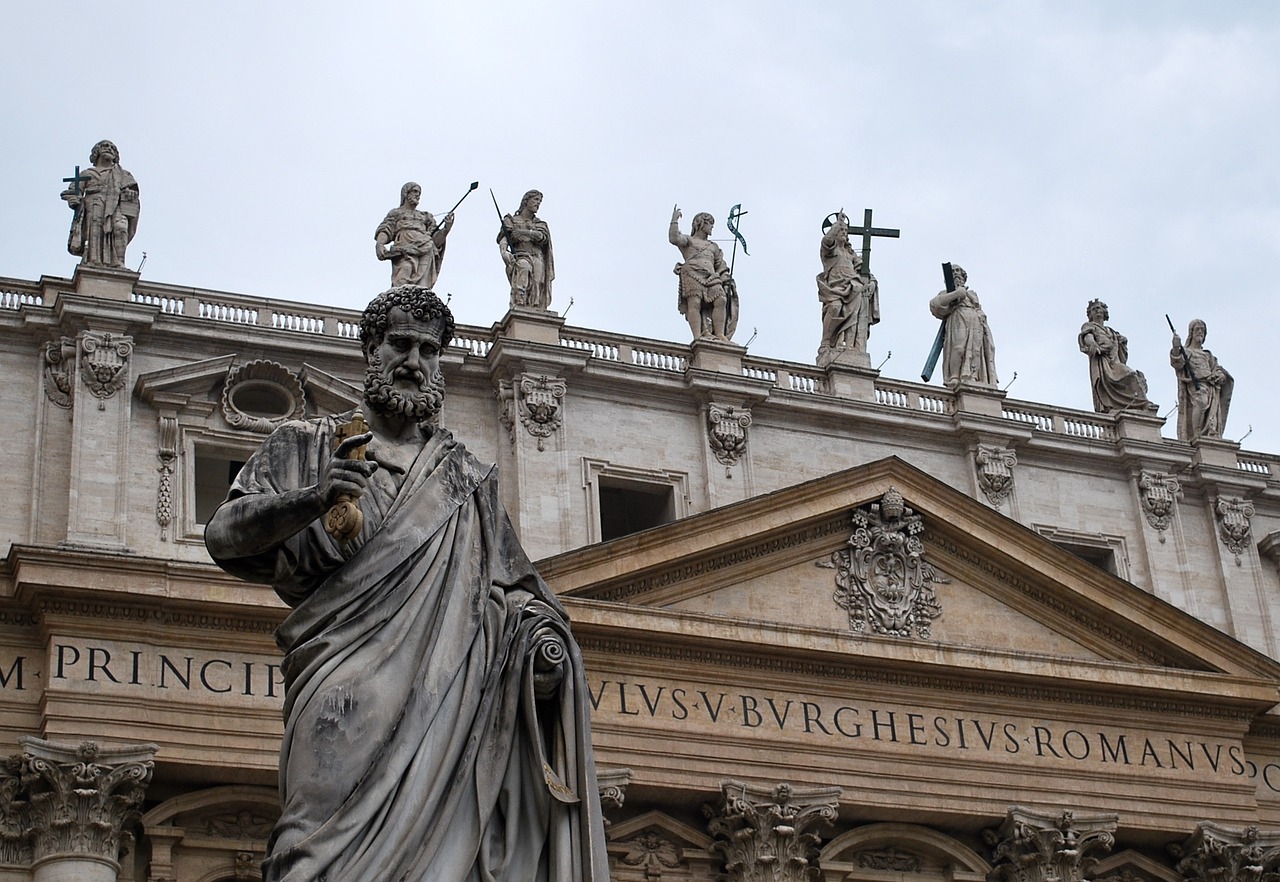A long-term friend of Pope emeritus Benedict XVI, Monsignor Nicola Bux, has been repeatedly raising his orthodox voice with regard to the current crisis in the Catholic Church. Only a few days ago, we reported on some of his recent statements concerning the situation in the Church. Now we can report on yet another set of statements he made in a 5 October interview conducted by the Italian website La Fede Quotidiana. Our gifted and tireless colleague in Germany, Giuseppe Nardi, has already translated the whole interview into German.
In this new interview, Don Bux – as he is called in Italy – comments on the recently published, but now quite harshly criticized Correctio Filialis, the filial correction of Pope Francis concerning some of his statements in the papal document Amoris Laetitia. For Don Bux, this filial document, “corresponds to the invitation to dialogue, as repeatedly invited by the pope himself.” The pope “has called for a loyal confrontation,” explains the priest and collaborator of Pope Benedict with regard to the Motu proprio Summorum Pontificum. Moreover, Don Bux stresses that “canon law recognizes that the faithful have the right – and sometimes even the duty – to express their thoughts to the shepherds, for the good of the Church.” The “shepherds themselves are not infallible,” he adds. The faithful are obliged to obey the pope when he teaches “in a ‘final’ manner a doctrine of Faith or morals,” says Don Bux. The same obligation applies to non-fallible documents, i.e., “to acts of the pope that are aimed at rendering with more clarity certain aspects of Faith and morals as revealed by God.” However, Bux adds, “one may not obey when the shepherds, and especially the pope, instead of strengthening [the Faith], weaken the Faith of the Christians with their thoughts, words, or deeds.” Here Don Bux seems to make an indirect reference to the filial correction which explicitly not only quotes Amoris Laetitia itself, but also cites other words and actions of the pope outside of that official document.
Don Bux then makes the very clear statement that, in such a case of the weakening of the Faith, the Christians do “have to express their opposition with due respect. The authority of the pope in the Church is not to be mistakenly confused with an absolute power over it.” The Italian priest hopes that both Cardinal Gerhard Müller’s and Cardinal Pietro Parolin’s separate proposals for a further discussion about these matters will be heeded.
While Don Bux himself is “not a moral theologian,” he also makes it clear that the numerous appeals, statements and dubia concerning Amoris Laetitia indicate that “a clarification is needed.” “There have been found not only theological errors and ambiguities, but also those of a philosophical and logical nature,” he explains. (Some of the these philosophical and logical errors and ambiguities of Amoris Laetitia have been repeatedly, and very well, explained by Professor Josef Seifert.) Don Bux characterizes the adverse reaction to the criticism of Amoris Laetitia as “an impertinent debate, because one does not want to respond directly to the [presented and substantive] arguments.” Amoris Laetitia “is causing much confusion, with regard to its application, especially in the case of the remarried and divorced persons and their access to Holy Communion.”
For all to hear and read, Don Bux insists that the pope has “the duty to preserve the Faith as it has been entrusted to the Church” and that he has to “proclaim it, so that, also in our times, people can convert to Christ and thus not remain in disbelief. Thus, the pope may not revolutionize the Church.” Later in the interview, the Italian clergyman reminds us of the ultimate mission of the Catholic hierarchy, which lies not in solving “political problems,” but, rather, “in the proclaiming of the Gospel and in the administration of the Sacraments.” The Catholic prelate’s mission is “to honor God and to save people’s souls.” As Don Bux puts it, “Jesus Christ came into the world to rescue souls from sin and to lead them to God the Father.” Thus the Italian priest rejects the idea of a Church “in which everyone, without necessarily converting to Jesus Christ and independent from the Ten Commandments, continues to live just as he likes.”
Therefore, Don Bux admits that “the Church now finds itself in the state of a great confusion” and – in the words of Professor Ernesto Galli Della Loggia (we have already published an article about this same discussion here) – that it “enters into competition with the UN, the FAO [Food and Agricultural Organization]” which are not Catholic at all. Thus Don Bux concludes this excellent interview with the words: “Jesus said that it does not help a man to gain the whole world while at the same time losing his soul.”


